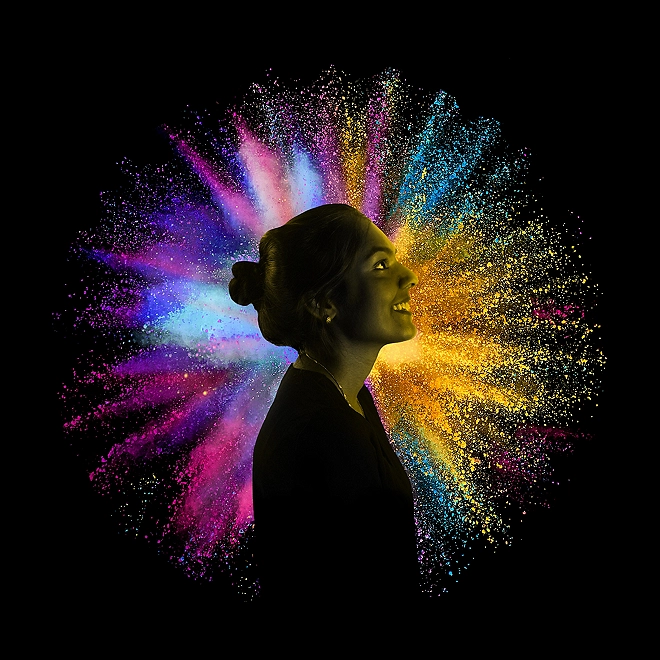Deloitte Millennial Survey 2021: An Irish perspective
In a time of crisis, younger generations hold true to their ideals and demand accountability.
The Deloitte Global Millennial and Gen Z Survey
Visit the Global Report Webpage
Healthcare and disease prevention a top concern amongst Irish millenials
After nearly a year of life lived during a pandemic, health and employment status have climbed the list of top concerns for millennials and Gen Zs surveyed in January 2021, but they also remain deeply concerned about climate change and the environment. It’s somewhat remarkable that respondents’ minds remained focused on environmental issues when threats to their health, family welfare, and careers are more personal and imminent.
“Lockdowns and restrictions caused by COVID-19 may have curtailed millennials’ and Gen Zs’ activities but not their drive, ” says Valarie Daunt, head of Human Capital at Deloitte Ireland. “Younger generations are channeling their energies into holding themselves and others accountable. Employers and organisations need to be aware of these age groups personal values or face being called out."
Key Findings
High stress levels are driven by concerns about finances, family welfare, and job prospects.
Stress has returned to pre-pandemic levels, with more than 41% of millennials and 46% of Gen Zs saying they feel stressed all or most of the time. The pandemic has created much uncertainty and stress around millennials’ and Gen Zs’ financial futures.
About two-thirds of respondents agreed that they often worry about their personal financial situations. Their families’ welfare was also a main cause of stress for millennials. Uncertainty about jobs/career prospects was top for Gen Zs.
Mental health
The stigma around mental health challenges, particularly in the workplace, remains. About a third of all respondents (millennials 31%, Gen Zs 35%) said they’ve taken time off work due to stress and anxiety caused by the pandemic.
Among the two-thirds who didn’t take time off, four in 10 deemed themselves to be stressed all of the time but chose to work through it. And approximately 40% of millennials and Gen Zs feel their employers have done a poor job of supporting their mental well-being during this period.
Business' societal impact
Continuing a steady decline over the last few years, slightly less than half of millennials and Gen Zs think that business is having a positive impact on society. Yet views on business’ ambitions are beginning to stabilize.
A slightly lower percentage of respondents this year said they believe businesses are focused solely on their own agendas or that they have no motivations beyond profitability.
This may indicate that they view business leaders’ discourse around stakeholder
capitalism as sincere, but they still want to see concrete impact to match corporate promises.
About the Survey
The 10th annual Millennial Survey solicited the views of 14.6K millennials and 8.2K Gen Zs (22,928 respondents total) from 45 countries around the world. This included 302 millennial responses and 103 Gen Z responses from Ireland.
For the first time, we surveyed Gen Zs in all countries where we conducted fieldwork, including in 25 geographies where we had previously only surveyed millennials. As a result, year-over-year comparisons for Gen Zs are not yet always possible. Millennials included in the study were born between January 1983 and December 1994. Gen Z respondents were born between January 1995 and December 2003.
